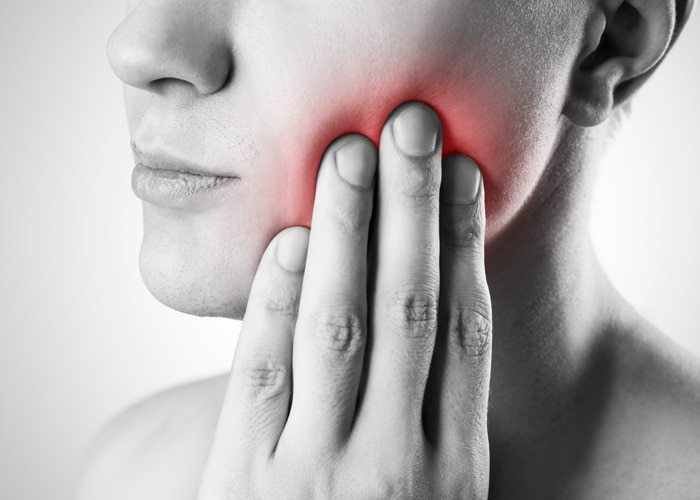Our Auburn dentists are proud to be able to offer sleep apnea treatment for our patients. This unfortunate condition affects the lives of many Americans, many of whom don’t even know that anything is wrong. It can sap your energy, increasing stress levels and contributing to heart disease, so be on the lookout if you think you may be at risk.
Sleep apnea is a condition in which you frequently stop breathing while you sleep. This forces your brain to wake up, often only partially, so as to start the air flowing again. You could potentially have your sleep cycle interrupted throughout the night without even being aware of it. If you think you might have sleep apnea, look for the following symptoms:
- You’re prone to loud snoring.
- Your partner reports that your breathing occasionally stops while you sleep.
- You sometimes wake up suddenly, choking or gasping for air.
- You frequently wake up with a sore or dry throat in the morning.
- You sleep restlessly, or suffer from insomnia.
- You are unusually sleepy during the day, even if you think you got a full night’s sleep.
- You suffer from frequent morning headaches.
- You experience forgetfulness and changes in mood.
Sleep apnea is very difficult to diagnose, and can only be properly identified by a medical professional. To find out more about sleep apnea and to explore your options for getting treatment, contact Auburn Avenue Dental.



